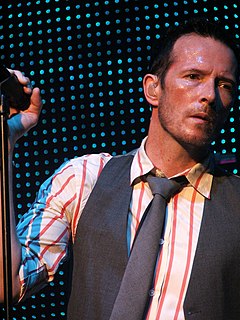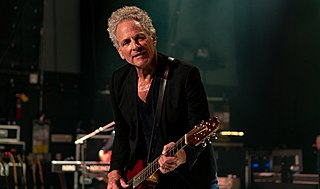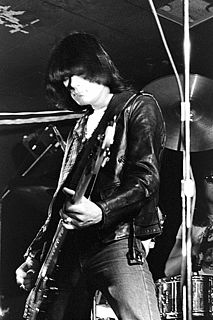A Quote by Martin Gore
You make one solo album, and some people swear you're about to leave the band or there are creative differences.
Related Quotes
When I formed the band and created the Wildabouts with my friends, we decided we wanted to make a band-sounding album, a rock-sounding album. I made two solo albums before that were more experimental albums, and I think that they didn't really resonate with my fan base because they were too out-there, too artsy.
Imagine someone so infatuated by a band that they have every different pressing of every album the band made. Most of the time, the only difference in the album is the matrix number or a different 'made in' notation on the back cover or label. This is enough to make some people extremely excited. Actually, much more than excited.
The realization that The Art of Obscurity is my 25th solo album prompted me to do some deep thinking about where I am, where I’m going and what I still want to achieve from this life in music. In my heart I feel vital and passionate about the creative process and that my best work is the next one I finish. It doesn’t necessarily work out that clean, but for me, it can be the only touchstone.

































